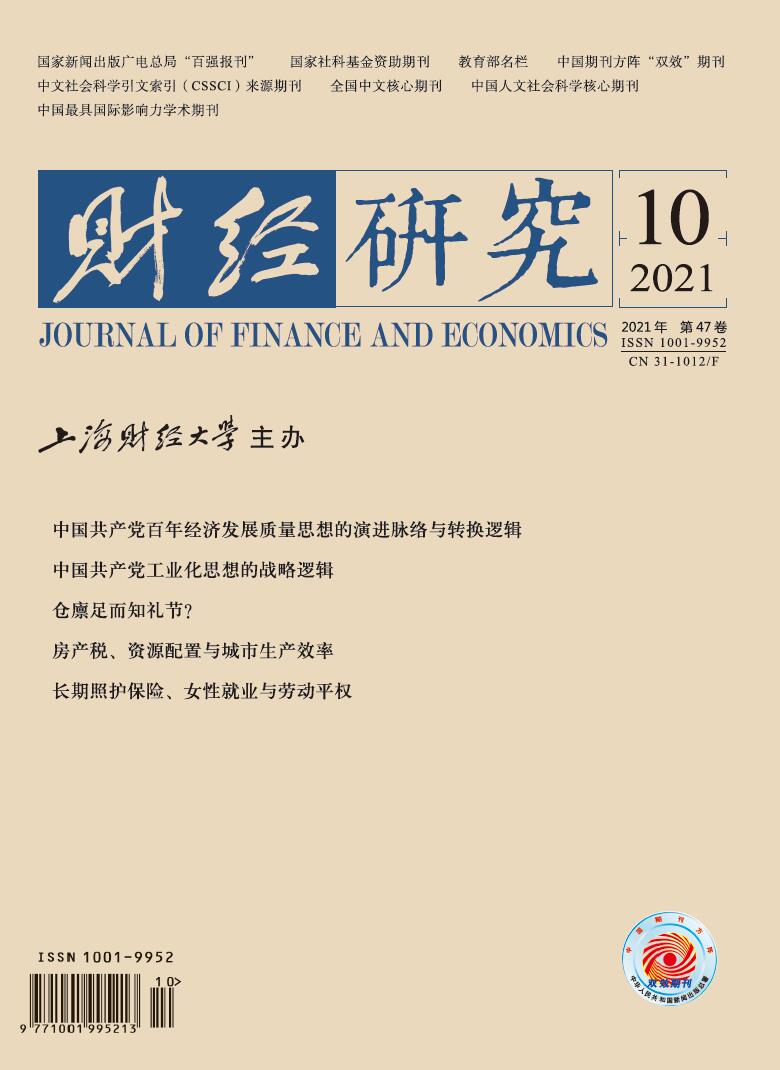Listed companies face multiple earnings pressures from stakeholders in their operations. When normal operations cannot achieve earnings expectations or having opportunistic motivations, companies often choose to conduct earnings management under earnings pressure. With the enhancement of the recognition and supervision of accrual-based earnings management, real earnings management has gradually become the main earnings management tool for companies under earnings pressure. Due to the concealment of real earnings management and information asymmetry, it is difficult for the company’s external stakeholders to detect real earnings management. Meanwhile, the high degree of supply chain concentration is one of the important characteristics that distinguish the Chinese market from the West. It is also a typical scenario for relational transactions in China. Transactions with customers and suppliers can directly affect the company’s earnings, and long-term transactions provide the basis for forming relationship and conducting relational transactions. Therefore, whether the company will conduct earnings management based on the supply chain relationship is an important research question with Chinese characteristics. Our research on this problem can help to improve investors’ understanding of the company’s real earnings management, and improve the efficiency of capital market in information transmission and resource allocation.
This paper uses A-share non-financial companies listed in Shanghai and Shenzhen stock exchanges from 2007 to 2019 as the main research sample to examine the impact of earnings pressure on the company’s supply chain real earnings management. The empirical results show that: Corporate earnings pressure has a positive effect on the company’s supply chain real earnings management, and bargaining power and executive shareholding of the company separately strengths and weakens this impact. Moreover, there is an alternative relationship between supply chain real earnings management and upward accrual-based earnings management under earnings pressure. This paper also further analyzes the implementation of supply chain real earnings management and its economic consequences. We mainly find that supply chain real earnings management is different from the company’s excess production, and is more pronounced when earnings pressure is positive; for economic consequences, the implementation of supply chain real earnings management can help the company meet or beat analysts’ forecasts, so as to increase the company’s market value and analysts’ coverage, but there will be a reversal of supply chain real earnings management in the following year.
This paper makes two primary contributions: First, this paper enriches the literature on the impact of earnings pressure on corporate operation and accounting behaviors. It examines the company’s supply chain earnings management under earnings pressure, and proves that the company’s response to earnings pressure can be reflected in external cooperative earnings management, rather than be limited to the company’s internal environment. Second, this paper contributes to the relevant research on real earnings management. It studies the company’s real earnings management by supply chain under earnings pressure, and explores its specific implementation conditions, which enriches the existing research content of the company’s real earnings management methods. It also can help investors better understand the company’s earnings management approach under earnings pressure, and improve the effectiveness of the capital market signal mechanism.






 6842
6842  8480
8480

